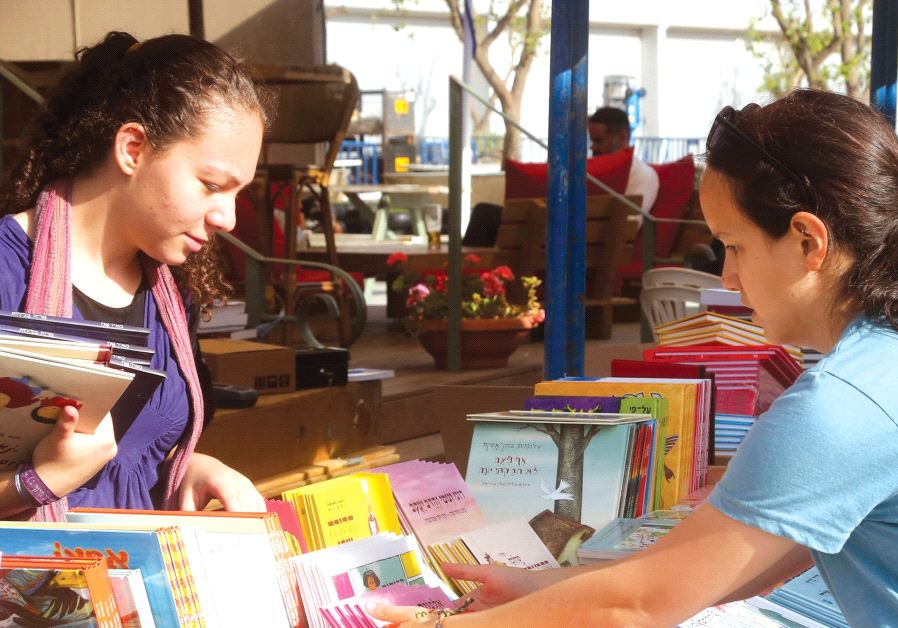A dose of nuance: It’s time to change the conversation
A Zionist conversation about Israeli society and its ongoing challenges invites Jews across the world not just to judge, but to participate.
 The annual book fair in Jerusalem(photo credit: MARC ISRAEL SELLEM)Updated:
The annual book fair in Jerusalem(photo credit: MARC ISRAEL SELLEM)Updated: